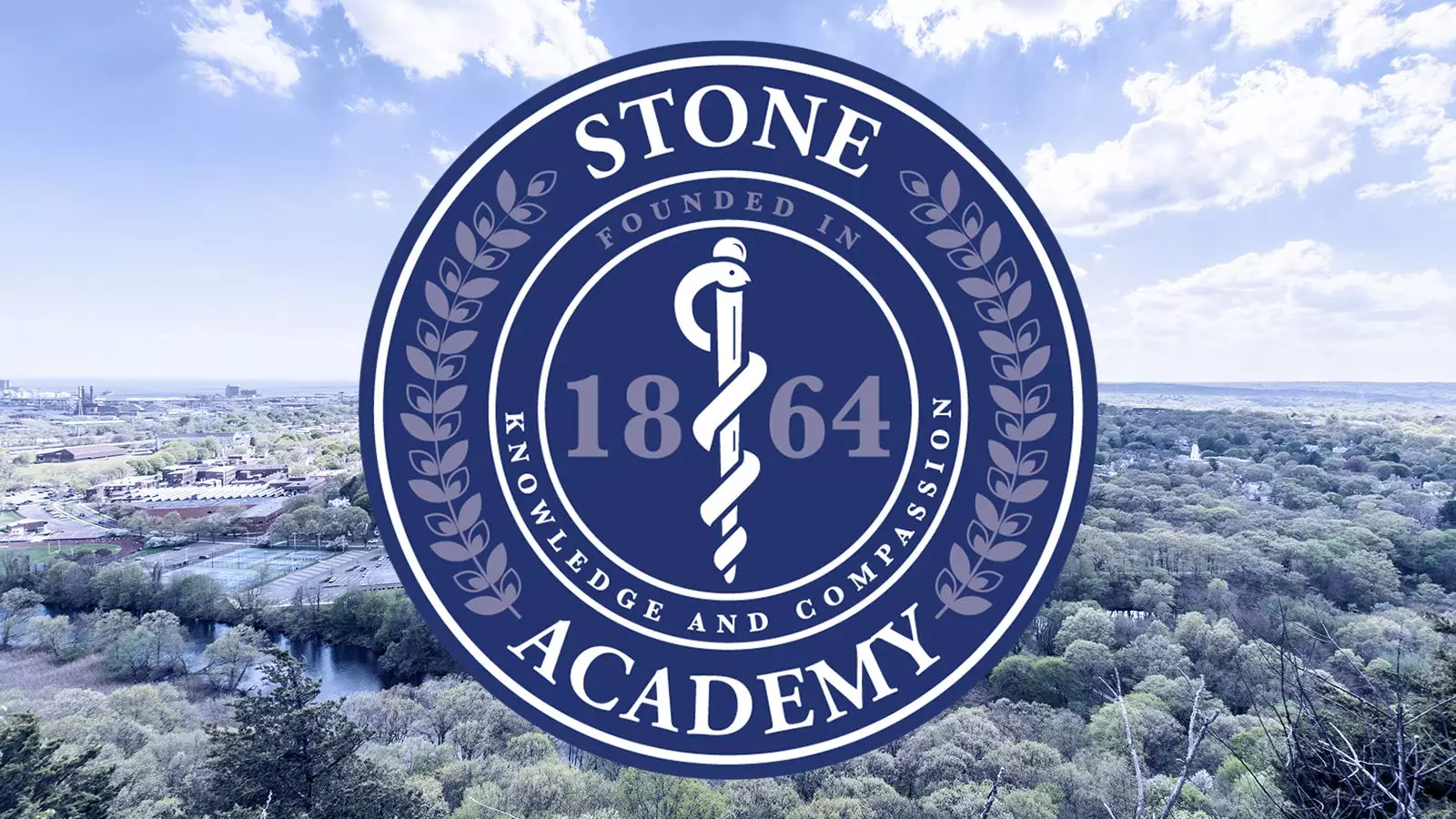Former students of a now-shuttered for-profit nursing school in Connecticut have filed a federal lawsuit against the Office of Higher Education (OHE) and Department of Public Health (DPH). These nine former students of Stone Academy claim that the state agencies invalidated their course credits, withheld licenses, and damaged their professional reputations. The closure of Stone Academy earlier this year led to state investigations, and the students believe that the actions taken by OHE and DPH violated their rights and hindered their career advancement in the nursing field.
In February of this year, Stone Academy closed its doors, leaving students and alumni in a state of uncertainty. Five months after the school’s closure, state agencies published an audit of the former students’ records. This unauthorized audit by OHE deemed 76% of the plaintiffs’ more than 100,000 credit hours to be invalid. According to the lawsuit, this audit created a situation where the state took a challenging circumstance and made it significantly worse for the affected students. The agency found several reasons to deem credits invalid, including missing information on attendance sheets and exceeding student-to-instructor ratios. Furthermore, visits to museums and writing assignments were occasionally allowed in place of clinical hours, further complicating the evaluation process.
The students’ lawyer, David Slossberg, claims that OHE and DPH initially discussed conducting an audit with Stone Academy to help the school improve its practices. However, instead of following through with this plan, the school decided to close its doors. Despite the closure, the state agencies took it upon themselves to conduct the audit, subsequently tarnishing the professional reputations of the students. What makes matters worse is that the affected students were not given the opportunity to appeal the decision made by the agencies. Instead, they were left to face the consequences of the audit without any recourse.
While the audit primarily focused on active students, graduates were not exempt from its scrutiny. A DPH document from April highlighted concerns about the practical nurse program offered by Stone Academy, questioning whether recent graduates had received the necessary training and experience to practice successfully as licensed practical nurses (LPNs). As a result, the DPH offered a “free training refresher course” to all LPN license applicants from Stone Academy. However, applicants were required to sign a stipulated agreement that prevented them from using their license until they completed the refresher course. This requirement was enforced under the threat of investigation, and the students were left with no choice but to comply.
Students who did sign the stipulated agreement and took the National Council Licensure Examination (NCLEX) in March faced another setback. These students were forced to wait several months for employment opportunities because the only available refresher course was scheduled for October. This delay in employment put additional strain on the students who were already dealing with the fallout from the closure of Stone Academy.
Another lawsuit filed in May by former students represented by Slossberg targeted Stone Academy’s parent company, Career Training Specialists, and the school’s owners. These students sought to hold them responsible for what they described as “predatory and unconscionable conduct.” The lawsuit accused Stone Academy of knowingly enrolling students while being unable to provide accredited courses and adequate clinical experiences. In a positive development, the students were granted $5 million in a prejudgment trial remedy in early December.
The decision to sue both state officials and the owners of Stone Academy may seem unusual to some. However, Slossberg clarified that they are pursuing legal action against those in positions of trust who failed in their responsibilities. With approximately 1,200 students affected by the audit and stipulated agreement, the impact of this situation is far-reaching. While the OHE has a reimbursement fund for affected students, the distribution of the $263,000 fund is not expected until 2024.
The former students of Stone Academy are fighting for justice after their course credits were invalidated, licenses were withheld, and their professional reputations were damaged. Their lawsuit against the Office of Higher Education and Department of Public Health highlights the negative consequences of the agencies’ actions. The audit performed by OHE and the stipulated agreement imposed by DPH have created significant obstacles for the affected students’ career advancement. It is crucial that those responsible are held accountable for their actions and that measures are put in place to prevent similar situations from happening in the future.

Leave a Reply